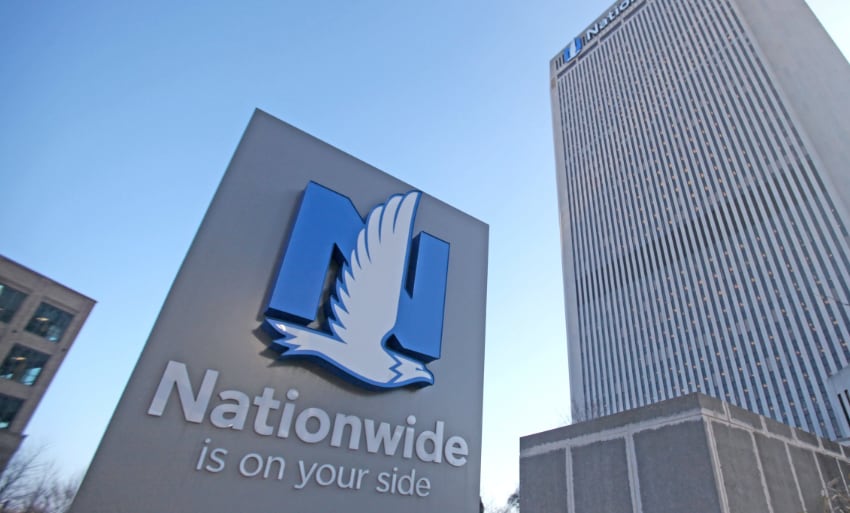Nationwide prunes hurricane exposure in NC with non-renewals

Nationwide Mutual Insurance continues to prune catastrophic risk from its homeowners portfolio, with over 10,500 property insurance non-renewals expected in North Carolina, more than half of which are said due to hurricane exposure.
As we reported back in June, Nationwide Mutual Insurance was set to pull-back, due to catastrophic weather losses and inflation among other reasons, planning to cease writing certain new business as it looks to get a handle on its exposure and claims frequency.
The company then told us that it intends to re-underwrite some of its personal lines book to further improve the portfolio quality.
All of which is part of the still accelerating trend, that sees insurance carriers in the United States admitting that catastrophe and weather loss-costs and claims frequency have been running away from them.
The effects of weather and catastrophe losses on their businesses have clearly been exacerbated by economic factors, inflation, rising litigation rates and also much higher reinsurance costs, all of which have forced numerous carriers to take a step back and assess the profitability of their portfolios.
Now, some more information has emerged that suggests Nationwide’s re-underwriting is driving non-renewals, where the insurer decides it needs to reduce risk, or is not getting paid sufficiently to keep assuming it.
As we’ve said before, the US insurance industry has got itself into a situation where it now needs to manage its exposure, by any means necessary. A trend that began in Florida, then soon after in California, but now also seems to be applicable to any high-hazard catastrophe or severe weather prone region.
As reported by local media, the North Carolina state insurance regulator has said that Nationwide will non-renew over 10,500 homeowners insurance policies.
The majority are said to be in the eastern part of the state, in coastal regions including the Outer Banks and surrounds, which are some of the most hurricane exposed areas of North Carolina.
The North Carolina Department of Insurance (NCDOI) told local News 3 that the non-renewals make up roughly 4.4% of Nationwide’s 237,652 policies in North Carolina and 1.7% of its 621,705 policies across the US.
Some 5,781 of the policies that are set to be non-renewed are due to a new assessment undertaken using a hurricane risk model of some kind, the report states.
At the same time, some 4,744 policies will be referred to the North Carolina Insurance Underwriting Association (NCIUA), which is a coastal property insurance underwriting pool for the state and also a well-known sponsor of catastrophe bonds.
Nationwide had told the state’s Department of Insurance that the non-renewals are a move to assess and rebalance its homeowners insurance portfolio, based on risk.
Which sounds like an outcome of the re-underwriting process that the company told us it was undertaking.
Climate risk, escalating weather related losses and rising reinsurance costs are all factors in Nationwide’s review of its portfolio exposures.
It’s safe to assume that within the rising costs, the insurer is also considering inflationary effects, both economic and social, as well.
The regulator said that Nationwide had noted that some policies could be underwritten by the insurer again, if their wind exposure was ceded to the NCIUA risk pool and the carriers underwriting guidelines are met.
As US insurance carriers operating in coastal and high-hazard, catastrophe and weather peril exposed regions, grapple with the rising costs of losses they have experienced, alongside being less protected as reinsurance attachments have risen, terms tightened and costs increased as well, the effort to proactively manage risk and exposure is perhaps accelerating at this time.
For Nationwide, these actions in North Carolina are likely just a one state view of a nationwide approach to managing risk and exposure, as the company tries to bring its portfolio into line with the reality of running a property insurance business today, in a world of rising costs, with increasing insured values exposed, plus less frequency protection from their reinsurance, and overlaying it all the uncertainty related to climate change.
Nationwide Mutual is also a very well-known, repeat catastrophe bond sponsor.






